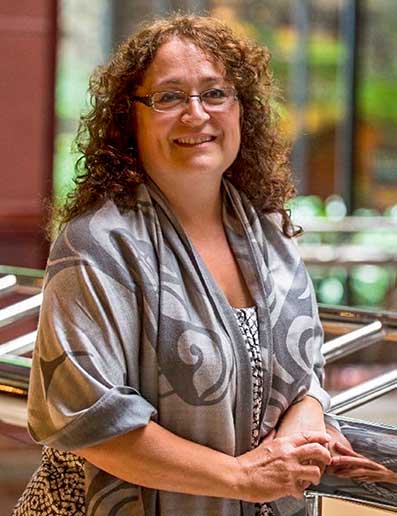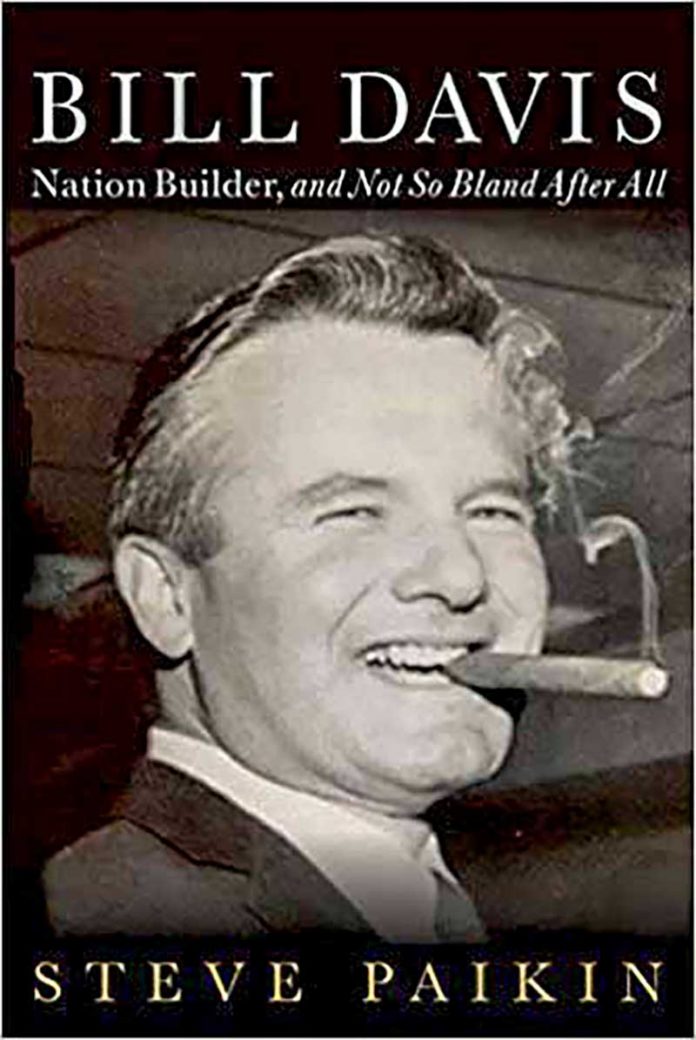PROVIDENCE BAY—A former Providence Bay resident has received the 2017 Canadian Teachers Federation (CTF) Aboriginal Educator Award.
The recipient of this year’s CTF Outstanding Aboriginal Educator Award is Debbie White, a title she feels quite humbled to receive, a press release on the Canadian Teachers Federation website notes.
“It’s not about receiving an award, it’s about acknowledging the work that people who have gone before me, and people that stand beside me have been doing for a very long time,” Ms. White told CTF. “I was deeply honoured and humbled (to receive the award); it is with the awareness that it’s about the body of this advocacy work that evolved from the contributions of so many people.”
“The work that has been done is not work that has been done alone or in isolation. The Creator gifted me with an ability to speak, and to give voice to voices that often go unheard,” said Ms. White. “None of the ideas are new. First Nation leaders have been advocating for basic human rights and for indigenous children to be treated equitably, like all other children in Canada for years. I am honoured to be able to utilize my voice and to be able to leverage some of the institutions I have been involved with to deepen the understanding of non-indigenous people about the impacts of colonialism and our shared history.”
Throughout her career, Ms. White has worked as an educator in elementary schools and as an advocate for First Nations, Metis and Inuit education, giving voice to resolutions and recommendations, and serving on a multitude of committees for the Elementary Teachers Federation of Ontario (ETFO), the Canadian Teachers Federation (CTF) and the Peel Elementary Teachers Local . Her primary focus has been to bring an Indigenous lens to the table. She has also been part of teams which have developed and facilitated workshops, organized student focus groups, and put forth school initiatives such as Shannen’s Dream.
The CTF story notes that, when reflecting on her upbringing, Ms. White describes herself as a transient student who moved over 20 times—often between the same communities. Sometimes, it was to follow the work of her fisherman father, and other times, it was because of life circumstances. In the midst of her nomadic childhood, one important thing re-emerged wherever she went: school.
“School became a very significant part in my life,” she told CTF. “In the public school system there was routine and structure. I very much liked going to school and being in school.”
Despite enjoying the routine and the safe place school afforded, Ms. White never quite felt like she really fit in. It was during her time at Confederation College in Thunder Bay, where she studied Native programming, that she truly felt a sense of belonging never felt before and gained a greater understanding of herself as an Anishinaabe person. Until that point, her family had denied their heritage and history.
“When I went into Native programming, and learned about my culture, it was the beginning of my journey to reclaim my heritage and my birthright,” Ms. White told CTF. “I was participating in ceremonies, learning for elders, and having that connection with other Native people. I felt empowered.”
After obtaining a certificate in Native Programs and a diploma in the Social Service Worker program at the college, Ms. White got married and moved to southern Ontario, where she worked as a teaching assistant in an elementary school.
Initially, she didn’t believe she had the capabilities to attend university, but began to realize through her work that she was able and capable. Ms. White began taking classes in the evening, and went on to become the first member of her family to obtain a university degree.
Ms. White’s affinity for people lead her to become an elementary school teacher, a position she held for nearly 24 years. Throughout her career, she has occupied a variety of teaching roles, namely as a classroom teacher, librarian, resource teacher, English as a Second language teacher, and currently, a special education resource teacher.
What she finds most gratifying about her profession is being able to support students so that they can feel good about themselves and become agents of change in their world and in larger society.
She also hopes First Nation, Metis and Inuit students have the opportunity to see themselves authentically represented and reflected in the curriculum. Hence why, when she retires in a few years, she wants to continue in the area of indigenous education to work with students and educators to develop their understanding of the relationship between indigenous and non-indigenous people and our shared history.
When reflecting on her career, Ms. White explains how she sees herself as a small piece of a larger puzzle. “Although I feel that as a teacher, I have touched many lives and that as an advocate, I made an impact in supporting an understanding of the relationship between Indigenous and non-Indigenous people I feel that I’m just a part of a larger movement, a bigger picture that is now coming to the forefront of our consciousness.”





